Possible Files Demanding Keen Attention
- Par LUKONG Pius NYUYLIME
- 18 Aug 2021 11:41
- 0 Likes
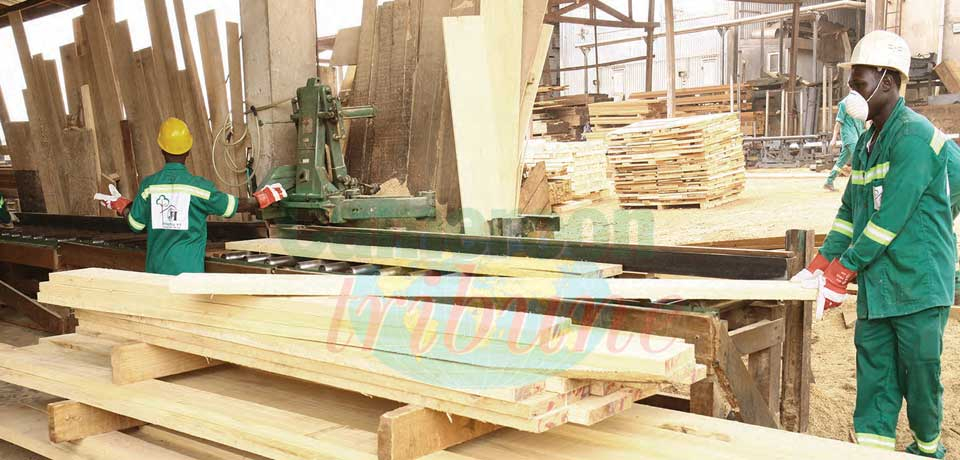
Security, health, economic and socio-political upheavals are some of the issues the CEMAC Heads of State meeting in extraordinary summit today are expected to grapple with.
Five years are about to completely go down the drain since the Heads of State of the Central African Economic and Monetary Community (CEMAC) met in an extraordinary summit in Yaounde. That was exactly on 23 December 2016. Major resolutions (21) were taken at that summit. President Paul Biya who convened the summit in his capacity as Chairman of the CEMAC Heads of State Conference, appealed for a quick response to resolve a looming economic crisis, caused by a drop in oil prices, rise in insecurity, and political instability in the CAR.
Today’s extraordinary summit is essentially an evaluation confab in the face of complications ushered in by the outbreak of the COVID-19 pandemic. CEMAC's objectives, it should be recalled, include the promotion of trade, the institution of a genuine common market, and greater solidarity among peoples and towards under-privileged countries and regions. All actions and reforms are therefore expected to be tailored towards achieving these goals.
Economy and Finance
The Heads of State are expected to renew their commitment to the Economic and Financial Reform programme within CEMAC as well as the entry of CEMAC countries into the second-generation programmes with the International Monetary Fund (IMF). It is feared the COVID-19 pandemic may have a long-lasting impact on CEMAC’s growth potential, which is already curtailed by structural, governance, and transparency issues. Even though the policy response from national and regional authorities in 2020 helped mitigate the economic fallout, CEMAC, however, experienced a severe recession in 2020 with fiscal and external deficits increasing, and public debt rising with some countries having debt sustainability issues.
The sub-region is facing an increasing dilemma between internal and external stability, as external reserves fell sharply between mid-2020 and March 2021. A moderate recovery in economic growth according to IMF assessment is expected from this year. However, other significant risks continue to hang over the economy of the sub-region. These include delayed implementation of the ongoing or possible new Fund-supported programmes, uncertainties in filling large external financing needs, oil prices, and a possible deterioration in the security situation.
The Yaounde summit may equally decide on the partial allocation of resources from the Special Drawing Rights (SDRs) to the IMF with a view to reducing domestic arrears and strengthening the capital of the banking system, support the call of the Paris conference of 18 May 2021 on the revival of African economies for a global allocation of 100 billion dollars in SDRs for Africa, express CEMAC solidarity with the Abidjan declaration on the 2020 replenishment of the IDA and solicit intensive support from the international community for the recovery and reconstruction of CEMAC economies.
Structural Reforms
Three main challenges must be tackled. These include diversification of the economy, improvement of the business climate and the fight against corruption. Progress has been made in implementing structural reforms as member States intensified efforts to restore fiscal and monetary indicators that were badly damaged by the crisis. Some countries continue to depend heavily on oil resources. The ongoing project to implement the timber sector industrialisation strategy in the Congo Basin is one major effort towards the diversification of revenue sources. It is a project that might require serious external financing.
In the same vein, there is need to improve on the business climate. The perception of the business environment in the sub-region remains mixed and the poor performance of CEMAC member countries in the World Bank’s Doing Business rankings may be attributable to poor security and delays in implementing some reforms, especially judicial sector reforms.
Health/COVID Pandemic
The COVID-19 pandemic remains the most challenging issue. There is an urgent call for mobilisation in favour of vaccination in order to achieve the level of collective immunity. In this light, there is n...
Cet article complet est réservé aux abonnés
Déjà abonné ? Identifiez-vous >
Accédez en illimité à Cameroon Tribune Digital à partir de 26250 FCFA
Je M'abonne1 minute suffit pour vous abonner à Cameroon Tribune Digital !
- Votre numéro spécial cameroon-tribune en version numérique
- Des encarts
- Des appels d'offres exclusives
- D'avant-première (accès 24h avant la publication)
- Des éditions consultables sur tous supports (smartphone, tablettes, PC)






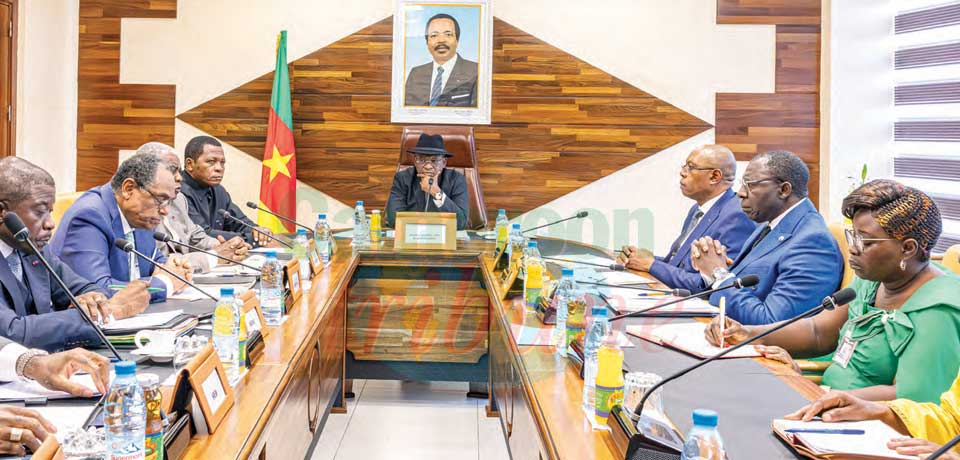
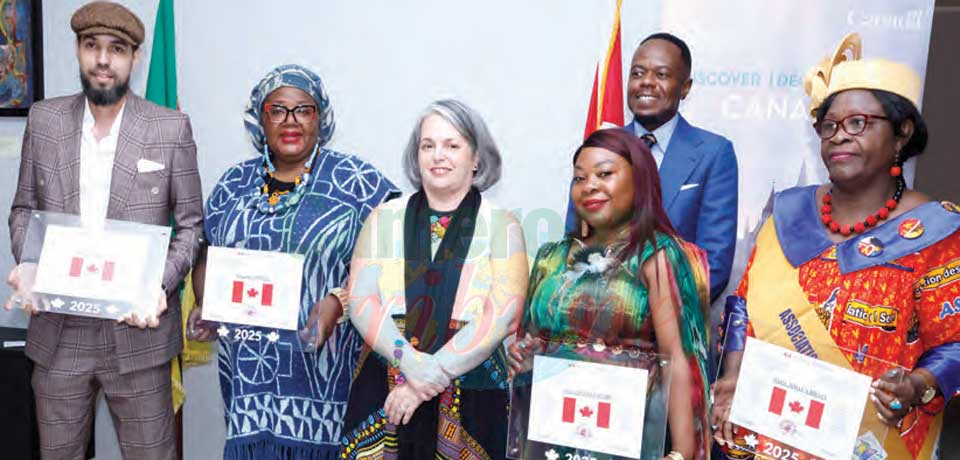
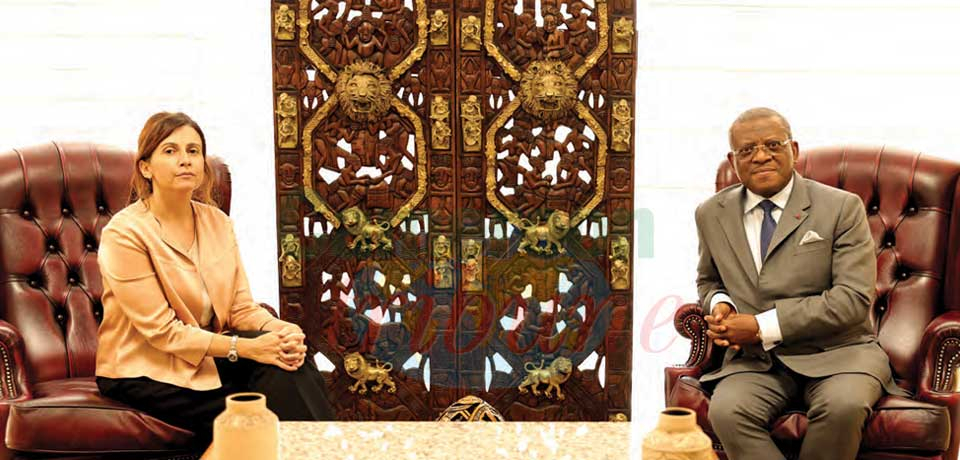
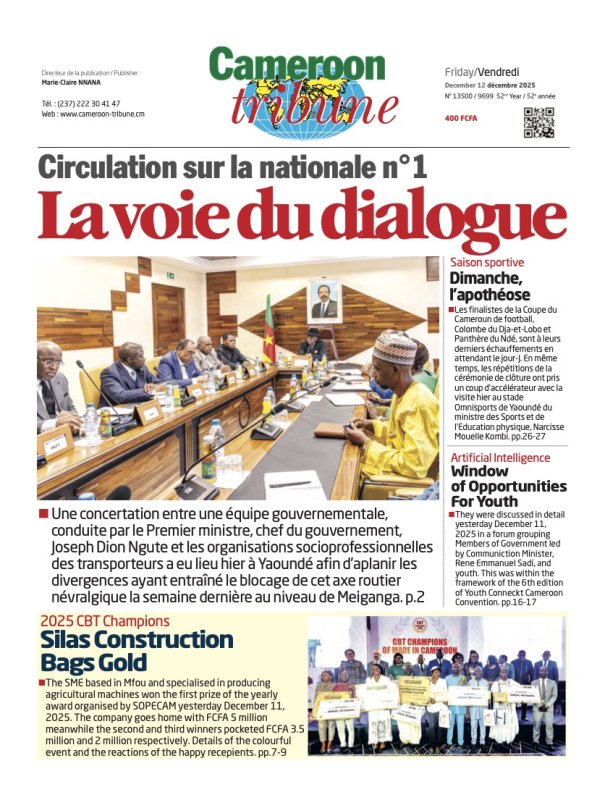




Commentaires